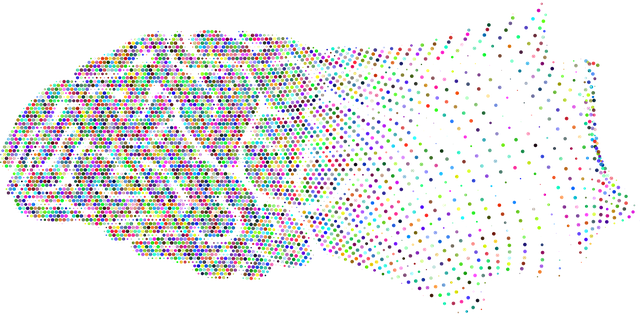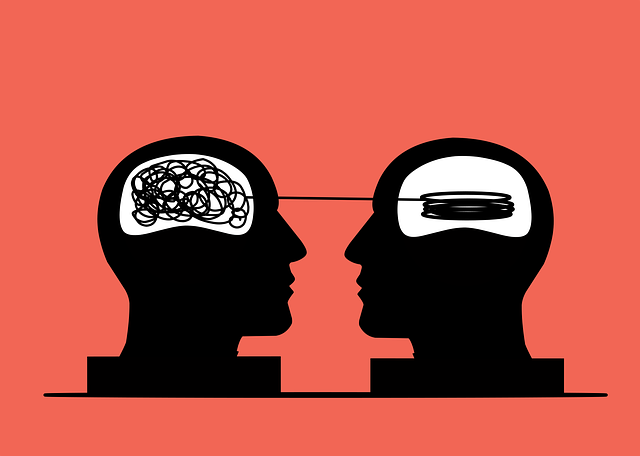Trauma from adverse childhood experiences significantly impacts young adults' emotional well-being and mental health, hindering their ability to face life challenges. Effective support services, including tailored therapy and mental health education, are crucial. These initiatives empower young adults with coping strategies, self-care techniques, and skills in emotional regulation, communication, and conflict resolution. Therapy, such as CBT and DBT, helps explore past traumas and build resilience. Accessible therapy options include individual therapy, group counseling, and specialized programs, emphasizing cultural sensitivity and mindfulness practices for comprehensive care tailored to each individual's unique needs.
“Trauma, a powerful force that can shape one’s future, significantly impacts young adults, often leaving them grappling with interpersonal challenges. This article delves into the critical role of therapy as a beacon of hope in their healing journey. We explore how specialized trauma support services, tailored to meet the unique needs of this demographic, can effectively address interpersonal issues stemming from past traumas. By understanding the profound effects of trauma on young adults, we aim to highlight accessible and transformative therapeutic approaches.”
- Understanding Trauma and Its Impact on Young Adults
- The Role of Therapy in Supporting Interpersonal Issues
- Accessible Services for Effective Healing
Understanding Trauma and Its Impact on Young Adults

Trauma can significantly impact young adults, affecting their emotional well-being, mental health, and overall ability to navigate life’s challenges. It often arises from adverse childhood experiences (ACEs) such as abuse, neglect, or exposure to violence. These early experiences can shape an individual’s brain development and stress response systems, making them more vulnerable to anxiety, depression, and other mental health issues in adulthood. Understanding the complex nature of trauma is crucial for developing effective support services, especially tailored for young adults.
The provision of therapy for young adults dealing with trauma is essential. Interpersonal issues often surface due to traumatic experiences, hindering their ability to form healthy relationships and connect with peers. Mental health education programs designed to address these challenges can empower young adults with coping strategies and self-care techniques. Moreover, integrating confidence-boosting activities within these programs can facilitate their journey towards healing and personal growth. Mental Health Policy Analysis and Advocacy play a pivotal role in ensuring that trauma support services are accessible, comprehensive, and aligned with the unique needs of this demographic.
The Role of Therapy in Supporting Interpersonal Issues

Therapy plays a pivotal role in addressing interpersonal issues faced by young adults. Many challenges in personal relationships often stem from past traumatic experiences or ongoing mental health struggles, which therapy helps to uncover and navigate. Through structured conversations with a trained therapist, individuals can develop healthier communication patterns, enhance emotional regulation skills, and gain insights into their behaviors and triggers. This process fosters better connections with peers, family, and romantic partners.
Targeted interventions like cognitive-behavioral therapy (CBT) and dialectical behavior therapy (DBT) are effective in teaching young adults coping mechanisms for stress management. These workshops not only equip them with tools to handle interpersonal conflicts but also build resilience against future mental health crises. Additionally, professionals involved in trauma support services must conduct thorough risk assessments to ensure the safety of clients and themselves, especially when working with at-risk populations. This proactive measure is crucial for effective therapy delivery and fostering a supportive environment.
Accessible Services for Effective Healing

Effective trauma support services recognize the importance of accessible therapy for young adults dealing with interpersonal issues. Many individuals struggle to seek help due to stigma, fear, or a lack of understanding about available options. Providing diverse and inclusive treatment modalities, such as individual therapy, group counseling, or specialized programs tailored to young adults, ensures that this vulnerable population can access the care they need.
Cultural sensitivity in mental healthcare practice is also paramount for successful healing. Utilizing communication strategies that promote open dialogue and safe spaces allows therapists to build trust with clients from various backgrounds. Integrating stress reduction methods, such as mindfulness practices or trauma-focused interventions, enables young adults to develop coping mechanisms and process their experiences effectively. By addressing cultural nuances and incorporating evidence-based techniques, support services can offer comprehensive care tailored to the unique needs of each individual.
Trauma support services play a pivotal role in empowering young adults to overcome interpersonal issues stemming from traumatic experiences. By providing accessible and effective therapy, we enable them to heal, rebuild their lives, and navigate the challenges they face. Recognizing the impact of trauma is the first step towards creating a more supportive environment where young adults can find the strength and resilience to thrive.











